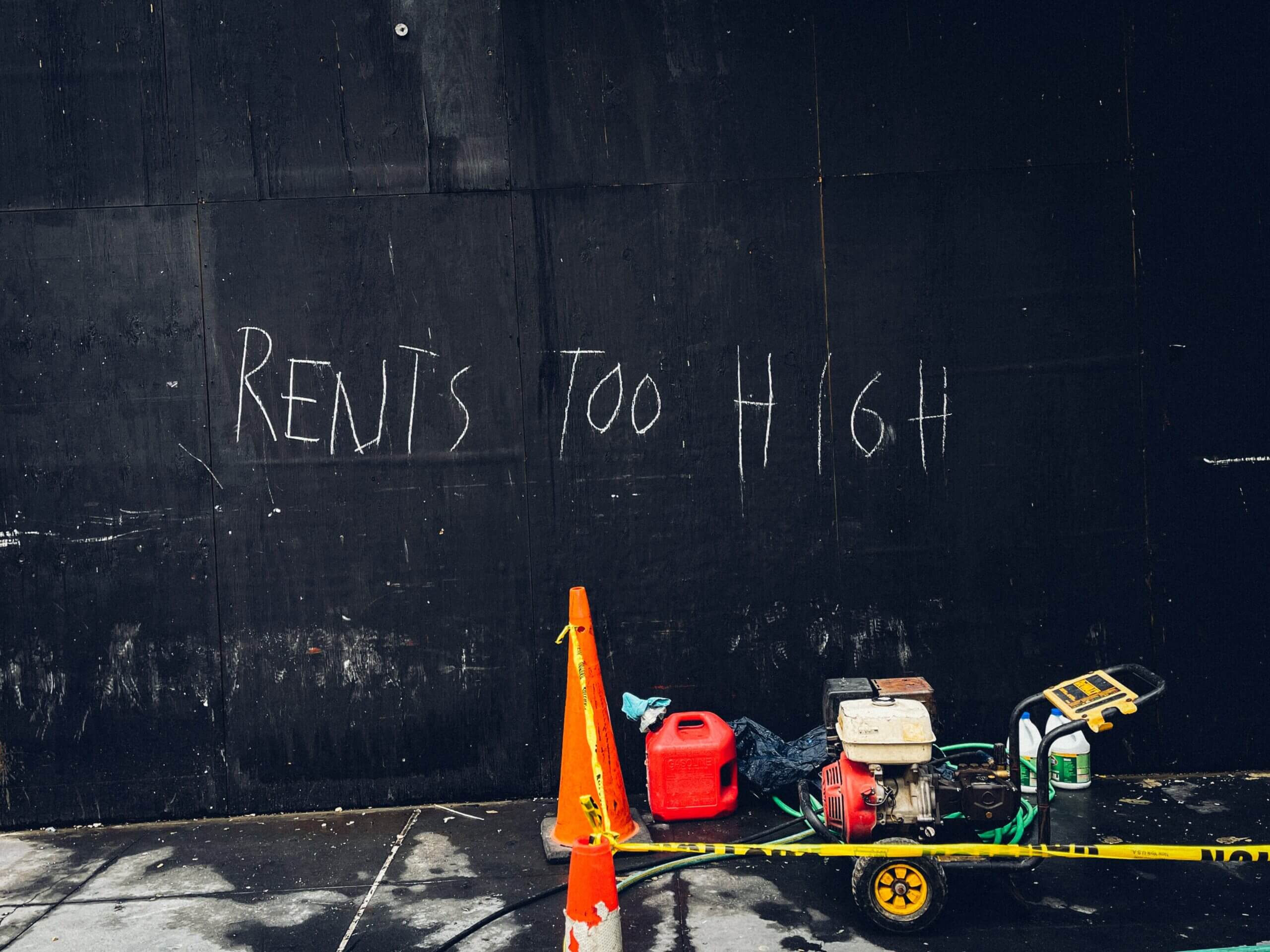Inflation is being driven by what?
The gas prices are the most obvious sign. They are written in big numbers outside gas stations in every part of the state. When prices go up, it’s easy to see because it’s right in front of you. Since early summer, when gas prices were at their highest, they have gone down a lot in the past few weeks.
The grocery store is another place we hear a lot about. Prices have gone up, and that has an effect on the average family, too. It’s also true that the person who does the shopping might not notice that a gallon of milk has gone up in price by 30 cents if the grocery bill is $150. This is why political “gotcha” questions about the prices of everyday items are so useless: most people who shop often don’t even know.
Still, gas and groceries can take a big bite out of paychecks, but they aren’t enough on their own to make a big difference. The real problems are the big expenses in life, like health care and child care, where thousands of dollars can go out the door and there aren’t many ways to cut back. You can’t just decide not to get treatment that you need.
There is also housing. It’s the biggest expense for most people, and experts say people shouldn’t spend more than 30% of their income on a place to live. However, many people have to spend much more than that to find a place to live. As housing prices keep going up, things are getting worse for people who are already struggling to make ends meet.
A recent report from the National Low Income Housing Coalition and the Partnership for Strong Communities in Hartford found that rent increases are outpacing wage increases, making it harder and harder for low-income people to keep up. The report says that a renter would have to make $22.53 an hour to be able to afford a one-bedroom home. The minimum wage in Connecticut is now $14 an hour. This is one of the highest minimum wages in the country.
People still live here who make much less than $22 an hour, but they make it work by giving up something else. They spend much more than 30% of their income on housing. Because of this, they have little money left over in case of an emergency and can’t even think about saving for the future. It puts thousands of people in danger of losing everything if something bad happens. We shouldn’t make people live this way against their will.
Cities need more housing options, and they need to be in places where there are lots of jobs. It doesn’t make sense to give someone a job and then make them drive an hour each way to get there and back just so they can afford to work there. We need to take real steps to increase the number of affordable homes in places where there are jobs.
This isn’t something new. But as inflation stays in the spotlight, it’s important to keep in mind where the biggest costs are. It’s not a luxury to have a place to sleep at night; it’s a necessity.

